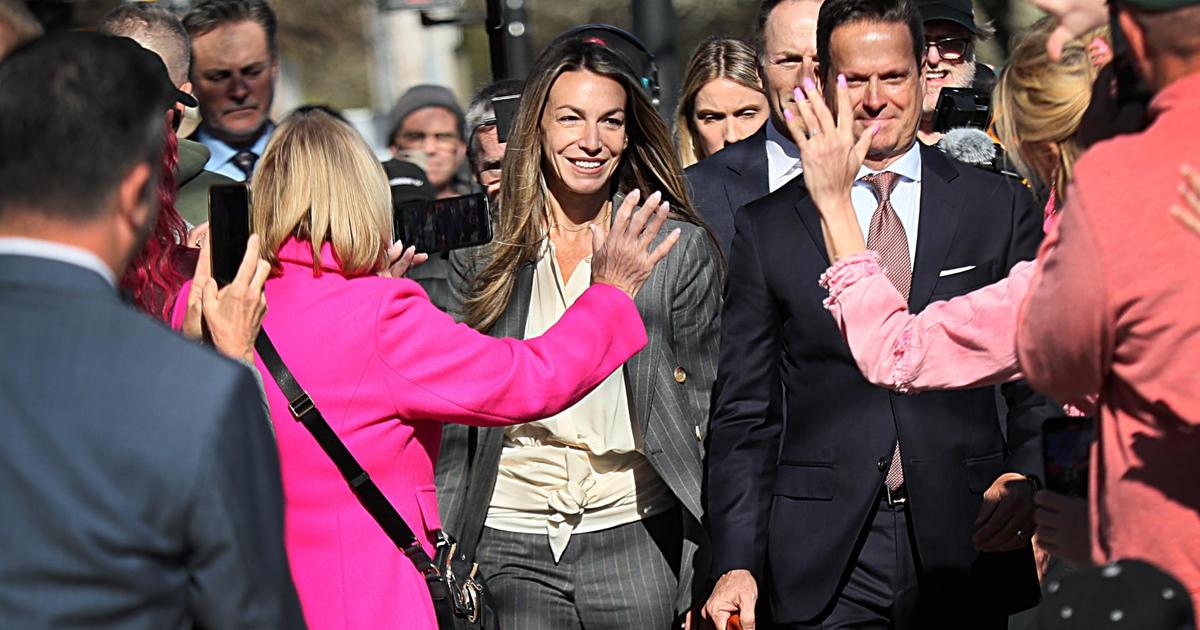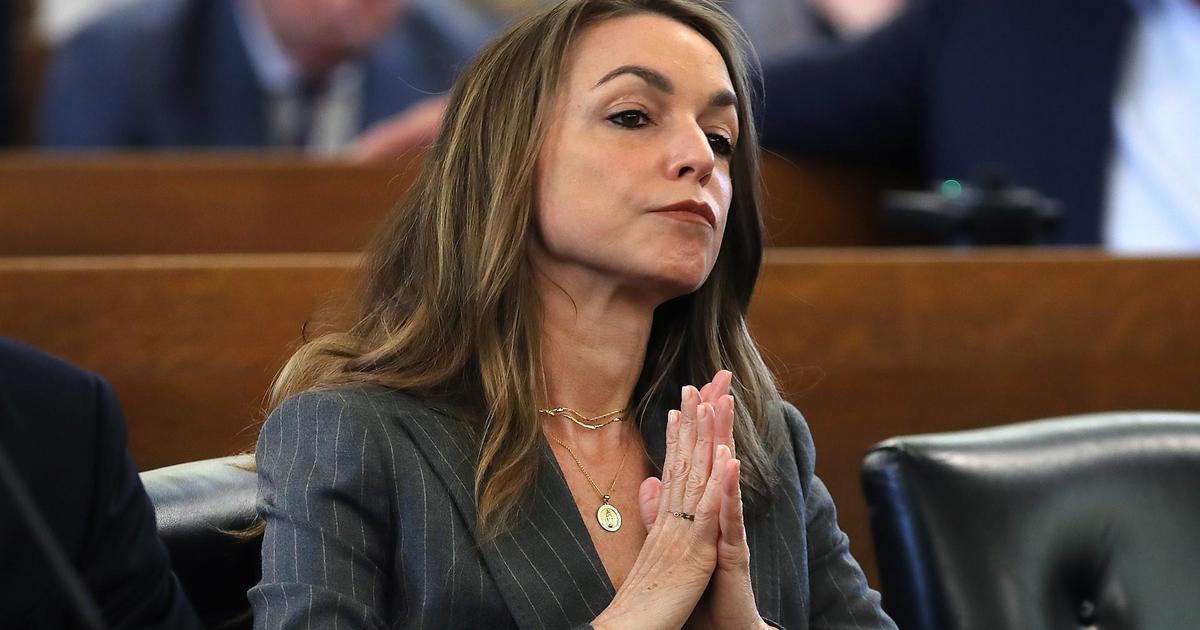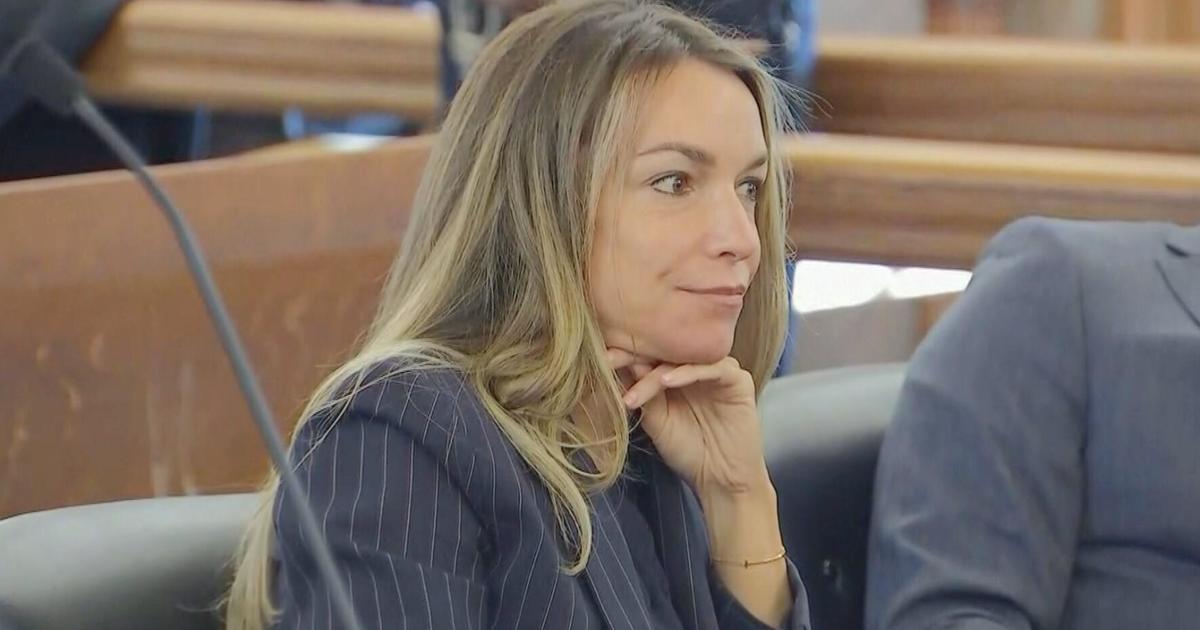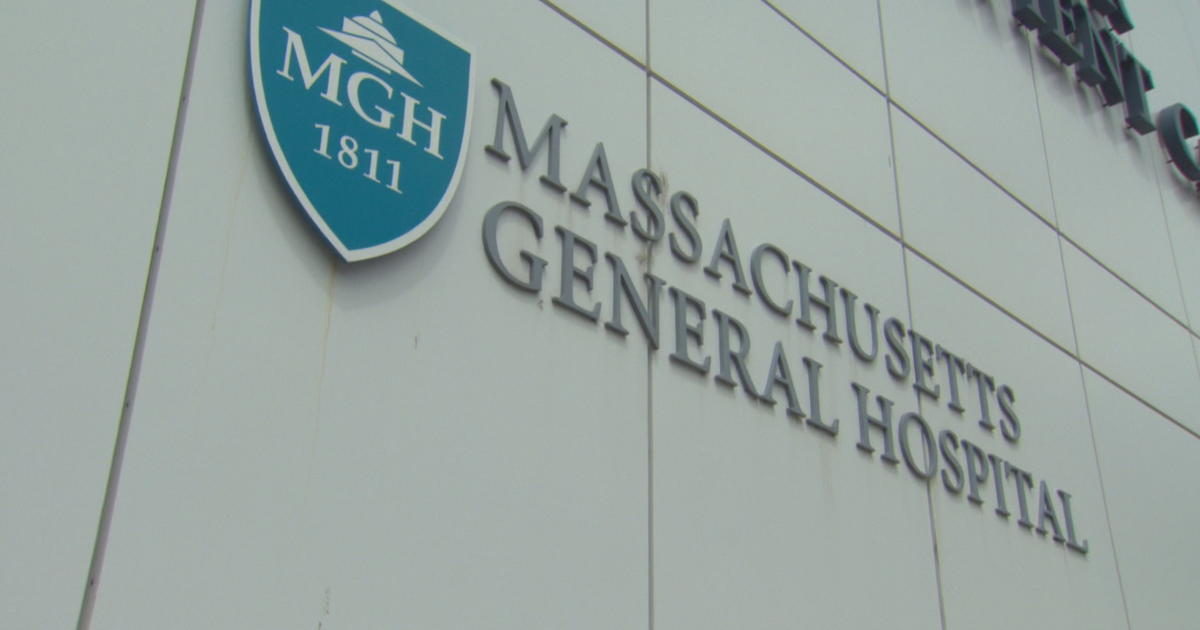MGH Coronavirus Case Study In Chelsea Will Help Researchers Understand Immunity
CHELSEA (CBS) - At the crossroads of a pandemic and some of the best minds in medicine is Chelsea's Bellingham Square.
Last week, Massachusetts General researchers took to the six-way junction for a coronavirus case study. People passing by, who agreed to have their finger pricked, had their blood tested for antibodies.
"We found that 31.5% of those individuals had antibodies to COVID-19 and none of them knew that they had it," said Dr. John Iafrate, vice chair of pathology at the hospital and the study's lead investigator.
With 1,124 confirmed COVID-19 patients and at least 88 deaths, Chelsea holds the highest rate of infection in the Commonwealth. The medical director at MGH's Respiratory Clinic in Chelsea says they're testing upwards of 200 people per day. Iafrate said they decided on studying Chelsea after noticing a large number of its residents were hospitalized.
"It's really important for us to get an idea how many people in that in that community are infected. What are the risks? Can we help mitigate the risks and give useful information to the residents? So that's why we started [the study] we hadn't done this before," said Iafrate.
For the pilot study, the process was anonymous. Researchers tested 200 participants, using an antibody test developed by North Carolina diagnostics company BioMedomics.
The device looks like a pregnancy test and it can deliver results in 10 minutes.
Dr. Iafrate said MGH has self-validated the test and is awaiting formal FDA approval. Its developers claim the test was one of the firsts, if not the first, to be published in a peer-reviewed journal, The Journal of Medical Virology.
"We've been in contact with the FDA. We've shown them our data, our validation data. And, you know, through conversations, we got very good feedback," said Dr. Iafrate. "But we need to go through the formal process and have them formally approve it. We expect that in a few days to a week."
Mass General researchers also found that roughly 25% of those who said they did not have symptoms were COVID-19 positive or had antibodies against COVID-19.
WATCH: Full Interview With Dr. John Iafrate
"The good news part of the story is that there are a lot of people who've been infected, who are doing well, they're relatively healthy," said Iafrate. "The bad news is that we have a lot of people walking around, at least in the high prevalence communities who are infected or have been infected. And we know that a certain proportion of them, we don't know exactly how many, we're still doing the studies, are infectious."
The data is also giving researchers a glimpse into understanding immunity - in particular herd immunity, something Iafrate says Chelsea has a chance at achieving.
"It means Chelsea has begun to work through a lot of the infectious process and is further on its way to what we call herd immunity, which a lot of people talk about," Iafrate said. "Which is in a community, once you have enough people who are immune. The others who aren't immune are protected."
Iafrate says they plan to expand testing and follow up with those who test positive for antibodies.
"It would not be wise to tell people they're immune and they can relax. I think policymakers, the CDC, the Department of Health, we'll need to make comments on that and look at the science, but we need more data," Iafrate said.
What Iafrate is confident about is the process of building evidence. He says finding solutions will take months of collecting data. "One thing I'll tell you is, this is not a state by state or country by country process. This is a neighborhood by neighborhood process," said Iafrate.
And the people of Chelsea may help lead the way.
"Chelsea is a great community for us to study this is the most farthest along. We think that could be a perfect community to understand how immunity works for this particular virus. If it behaves like most other infectious diseases, yes, if you have antibodies against the virus, you should be immune. But we don't know that yet," Iafrate said. "And we don't want to give people advice that you can relax and stop doing social distancing and stop isolating and have people get sick. That would be a disaster. And we would not be doing anyone a service. So we need to be wise in our use of the data."



